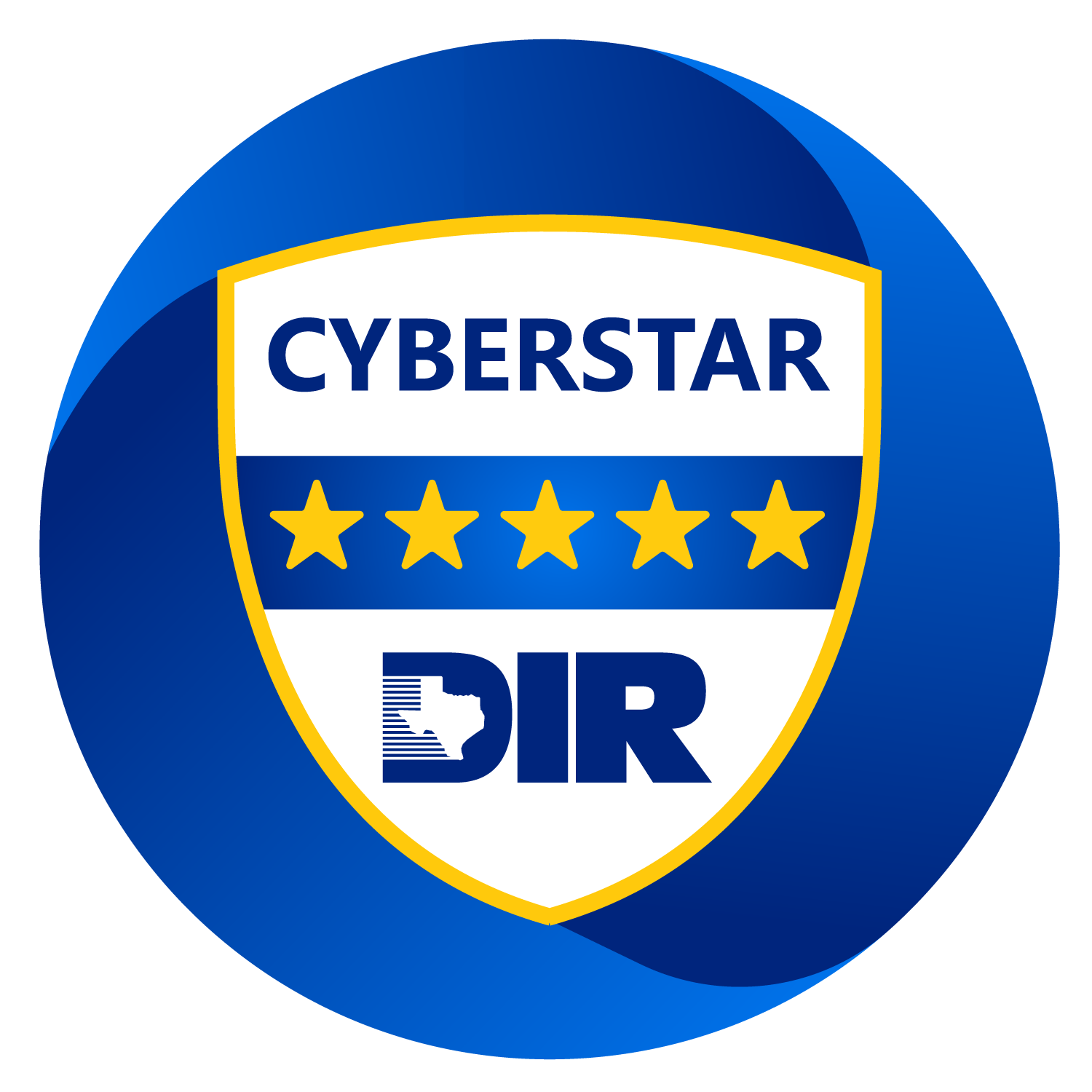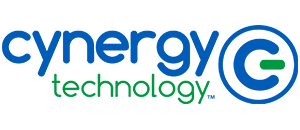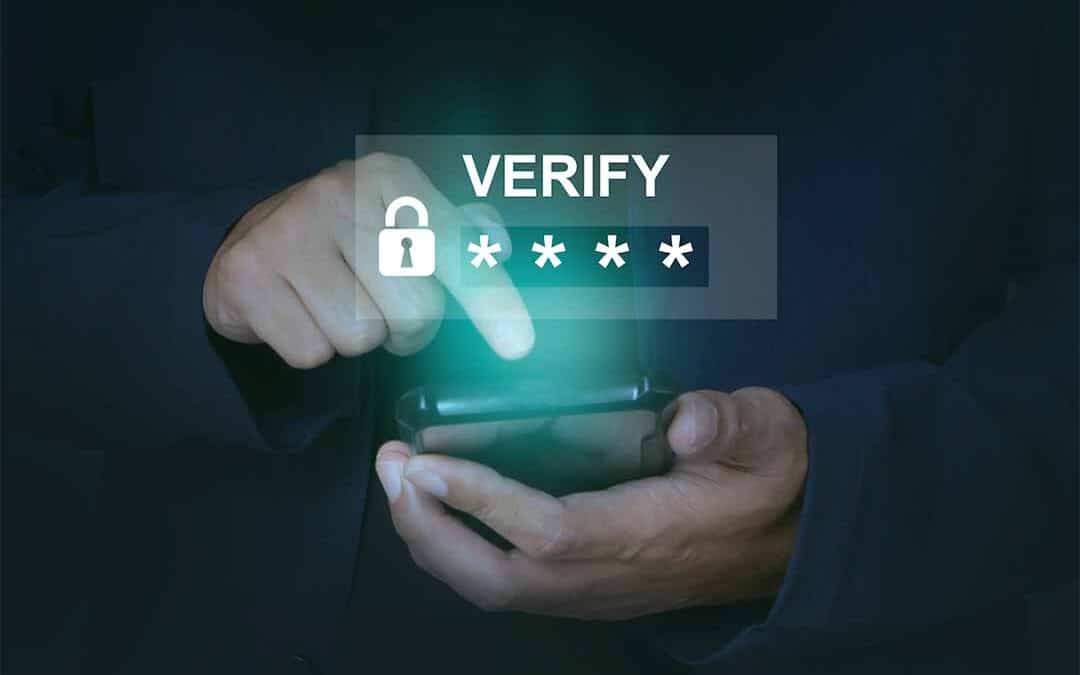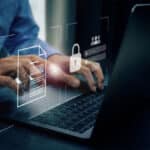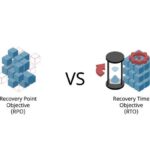Cybersecurity threats to businesses are more sophisticated than ever. A compromised password can open the door to devastating data breaches, financial losses, and reputational harm. Multi-factor authentication (MFA) provides a crucial layer of defense, requiring users to verify their identities through multiple channels before accessing sensitive systems. For organizations safeguarding sensitive data, MFA is not optional but necessary. By introducing additional layers of security, enterprises can significantly reduce the risk of unauthorized access, even if passwords are stolen or guessed. Effective MFA solutions go beyond simple implementations, offering tailored protection that meets the specific needs of each organization.
Why is Multi-Factor Authentication Important?
MFA is not just a tool—it’s a fundamental security strategy for modern businesses. Whether you’re a small or large enterprise, implementing MFA can mitigate threats like phishing, credential stuffing, and brute-force attacks. However, deploying MFA effectively requires careful planning and consideration to ensure it aligns with your organization’s unique needs. Here are seven tips to help you choose and implement the right MFA solution for better security without compromising usability or efficiency:
Tip 1: Choose Solutions Tailored to Your Business Needs
The most effective MFA solution fits seamlessly into your business operations and infrastructure. Begin by analyzing the sensitivity of your data, the complexity of your workflows, and your organization’s risk profile. For example, a healthcare provider might prioritize biometric authentication to protect patient records, while a remote workforce may benefit more from mobile app-based authentication. Choosing a tailored solution ensures robust protection without unnecessary complexity or disruption.
Tip 2: Balance Security with Usability
While robust security is critical, it should not come at the cost of usability. Employees are less likely to adopt a system they find frustrating or cumbersome. Prioritize solutions with features like single-tap push notifications or QR code-based verification for seamless user experiences. Adaptive authentication is another excellent option—it adjusts the verification process based on the perceived risk of the login attempt. For instance, a familiar device accessing the system during regular business hours may require fewer steps, while a new device accessing after-hours would demand additional verification layers.
Tip 3: Opt for Vendor Flexibility and Integration
Your MFA solution must integrate with your existing IT systems. For organizations with legacy software, compatibility is key to avoiding costly or time-consuming overhauls. With MFA, solutions that offer Single Sign-On (SSO) capabilities can reduce login fatigue and enhance security by centralizing access. Also, look for vendors that offer scalability and ongoing support, ensuring the solution can grow alongside your organization and adapt to evolving security requirements.
Tip 4: Embrace Modern Authentication Methods
Traditional passwords are increasingly ineffective against modern threats. Cybercriminals often exploit weak or reused passwords, making additional verification layers essential. Incorporate cutting-edge technologies like:
Biometric authentication: Ideal for highly sensitive environments, biometrics such as fingerprints, facial recognition, or iris scans are nearly impossible to replicate.
Push notifications: These real-time prompts on a user’s smartphone provide an efficient and secure method for verifying login attempts.
One-time passcodes (OTPs): Dynamically generated codes sent via email, text, or a secure app add an extra hurdle for attackers, even if they have stolen the user’s password.
These methods significantly reduce the risk of compromised credentials, making them valuable to your security strategy.
Tip 5: Ensure Regulatory Compliance
MFA is not just a best practice for many industries; it’s often a regulatory requirement. For example, healthcare organizations must comply with HIPAA mandates, while financial institutions must meet Payment Card Industry Data Security Standards (PCI DSS). Regulatory compliance ensures legal protection and peace of mind for stakeholders and clients. When evaluating MFA solutions, confirm that the vendor’s offerings align with the specific compliance requirements of your industry. Look for built-in auditing and reporting tools that streamline the process of demonstrating compliance during inspections or audits.
Tip 6: Implement Context-Aware Authentication
Context-aware authentication takes MFA a step further by using machine learning and analytics to assess login attempts. These systems analyze variables like the user’s location, device, network, and even typical login behavior. For example:
A login attempt from a trusted office network might only require a single factor.
An unusual login from an unfamiliar device in a foreign country might prompt additional verification steps, such as biometric confirmation or a security question. This flexibility ensures that users can access systems conveniently in low-risk scenarios while maintaining high security in suspicious situations.
Tip 7: Prioritize Robust Encryption
Encryption ensures the integrity of MFA data during storage and transmission. Even if a bad actor intercepts the data, strong encryption renders it useless without the decryption keys. Look for solutions employing end-to-end encryption (E2EE), ensuring data is protected from the moment it leaves the user’s device until it reaches the authentication server. This is particularly critical for mobile-based MFA, where communication between apps and servers could otherwise be vulnerable to man-in-the-middle attacks.
Enhance Your Network Security Posture with Cynergy Tech!
At Cynergy Technology, we specialize in delivering comprehensive Network Security Services designed to safeguard your organization against emerging cyber threats. Multi-factor authentication is a cornerstone of our approach to network security, ensuring that only authorized users access your critical systems.
Our solutions are customized to meet your business’s unique needs. From implementing user-friendly MFA systems to ensuring regulatory compliance, our team of experts works with you to develop a security strategy that doesn’t just protect your organization—it enhances it.
What makes us different? At Cynergy Tech, we go beyond implementation. We take a proactive stance, constantly monitoring and fine-tuning your security environment to adapt to new challenges. Our commitment is to provide reliable, effective protection so you can focus on growing your business with confidence.
Schedule your free consultation today to explore how we can protect your data and build a resilient security foundation for your organization!
